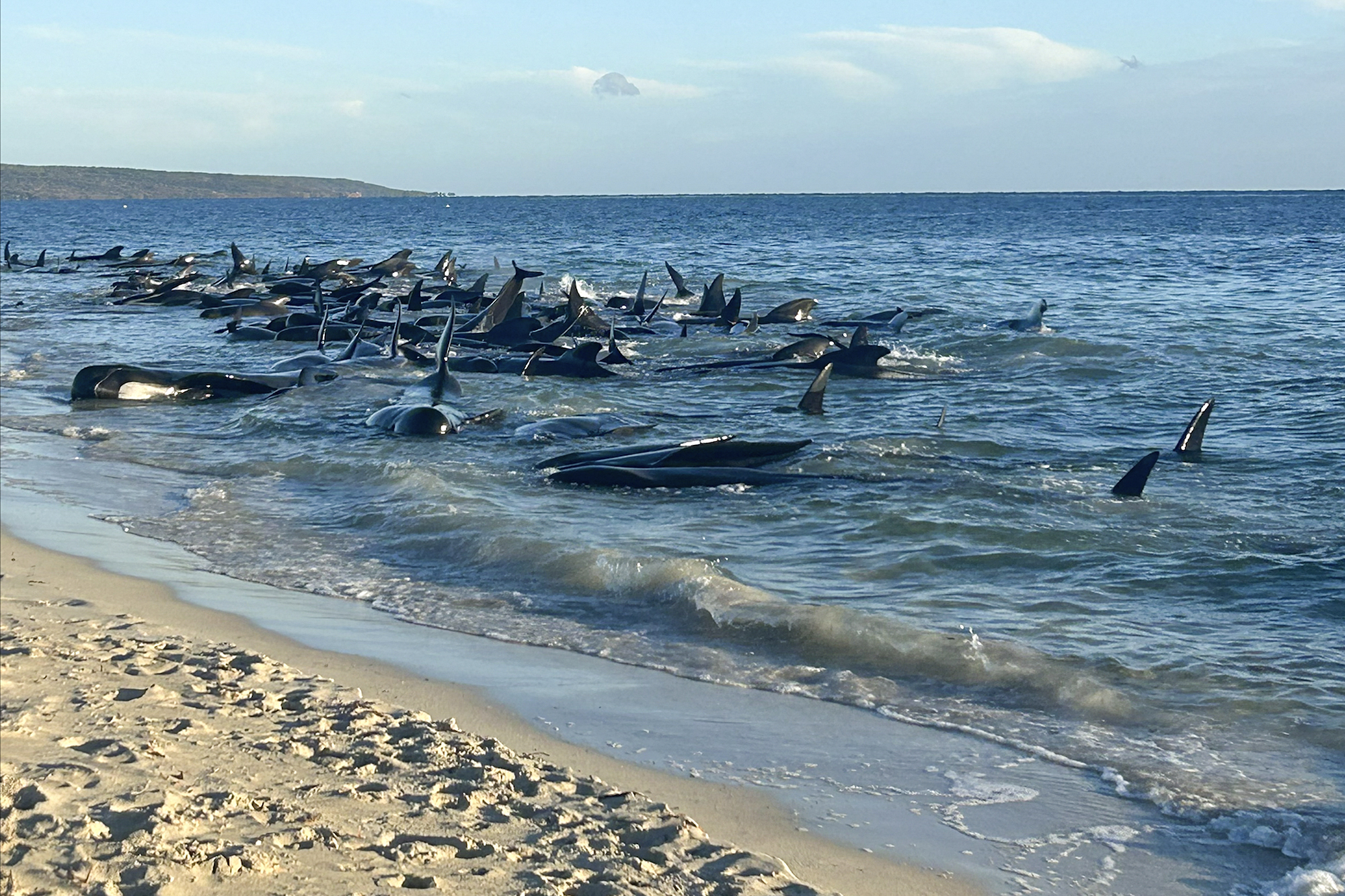Faced with intense pressure from two flanks, the Boy Scouts of America said Wednesday it needed more time for consultations before deciding whether to move away from its divisive policy of excluding gays as scouts or adult leaders.
Possible changes in the policy — such as a proposal to allow sponsors of local troops to decide for themselves on gay membership — will not be voted on until the organization's annual meeting in May, the national executive board said at the conclusion of closed-door deliberations.
For full U.S. coverage, visit NBCNews.com.
As the board met over three days at a hotel in Irving, near Dallas, it became clear that the proposed change would be unacceptable to large numbers of Scouting families and advocacy groups on the left and right. Gay-rights supporters said no Scout units should be allowed to exclude gays, while some conservatives, including religious leaders whose churches sponsor troops, warned of mass defections if the ban were eased.
"In the past two weeks, Scouting has received an outpouring of feedback from the American public," said the BSA's national spokesman, Deron Smith. "It reinforces how deeply people care about Scouting and how passionate they are about the organization."
Smith said the executive board "concluded that due to the complexity of this issue, the organization needs time for a more deliberate review of its membership policy." The board will prepare a resolution to be voted on by the 1,400 voting members of the national council at a meeting in Grapevine, Texas, he said.
The BSA announced last week it was considering allowing scout troops to decide whether to allow gay membership. That news placed a spotlight on the executive board meeting that began Monday in Irving, where the BSA headquarters is located, but the deliberations were closed to the news media and the public.
U.S. & World
Stories that affect your life across the U.S. and around the world.
Early reaction to the delay from gay-rights supporters was harshly critical of the BSA.
"A Scout is supposed to be brave, and the Boy Scouts failed to be brave today," said Jennifer Tyrrell, an Ohio mother ousted from her post as a Cub Scout volunteer because she's a lesbian. "The Boy Scouts had the chance to help countless young people and devoted parents, but they've failed us yet again."
Brad Hankins, campaign director of Scouts for Equality, said the delay would have a direct impact on young men already in the scouting movement.
"By postponing this decision, thousands of currently active Scouts still remain uncertain about their future in the program and are shamed into silence. We understand that this change is a huge paradigm shift for some, but this isn't a religious issue. It's simply one of human morality, and that is something common to all faiths."
About 70 percent of all Scout units are sponsored by religious denominations, including many by conservative faiths that have supported the ban, such as the Roman Catholic Church, the Southern Baptist Convention and the Mormons' Church of Jesus Christ of Latter-day Saints.
Michael Purdy, a Mormon church spokesman, said the BSA "acted wisely in delaying its decision until all voices can be heard on this important moral issue."
The National Catholic Committee on Scouting said it would join in the BSA's consultations over the coming months. Whatever the outcome, the committee said, "Catholic chartered units will continue to provide leaders who promote and live Catholic values."
Meanwhile, hundreds of conservative supporters of the ban held a rally and prayer vigil at the BSA headquarters, carrying signs that read, "Don't Invite Sin Into the Camp" and "BSA please resist Satan's test. Uphold the ban."
Scoutmaster Darrel Russell, of Weatherford, took his wife and five of their seven children to the rally. Russell said having gays in the scouting movement would be like mixing boys and girls.
"The whole idea is to protect our boys at all costs," Russell said, warning that if the ban is lifted "we're shutting down our troop."
President Barack Obama, an opponent of the policy, and Texas Gov. Rick Perry, an Eagle Scout who supports it, both have weighed in.
"My attitude is that gays and lesbians should have access and opportunity the same way everybody else does in every institution and walk of life," Obama said Sunday in an interview with CBS. As U.S. president, he is the honorary president of the BSA.
Perry, author of the book "On My Honor: Why the American Values of the Boy Scouts Are Worth Fighting For," said in a speech Saturday that "to have popular culture impact 100 years of their standards is inappropriate."
The board faces several choices, none of which is likely to quell the controversy. Standing pat would go against the public wishes of two high-profile board members — Ernst & Young CEO James Turley and AT&T Inc. CEO Randall Stephenson — who run companies with nondiscrimination policies and have said they would work from within to change the Scouts' policy.
Conservatives have warned of mass defections if Scouting allows gay membership to be determined by troops. Local and regional leaders, as well as the leadership of churches that sponsor troops, would be forced to consider their own policies. And policy opponents who delivered four boxes of signatures to BSA headquarters Monday said they wouldn't be satisfied by only a partial acceptance of gay scouts and leaders.
"We don't want to see Scouting gerrymandered into blue and red districts," said Brad Hankins, campaign director of Scouts for Equality.
Nancy Deveau, of Mansfield, accompanied her 10-year-old son, wearing his scout's uniform, to the rally at scouting HQ. She said she doesn't want Scout leaders to drop the ban.
"We wanted to pray for our Boy Scout leaders to keep our values," she said.



